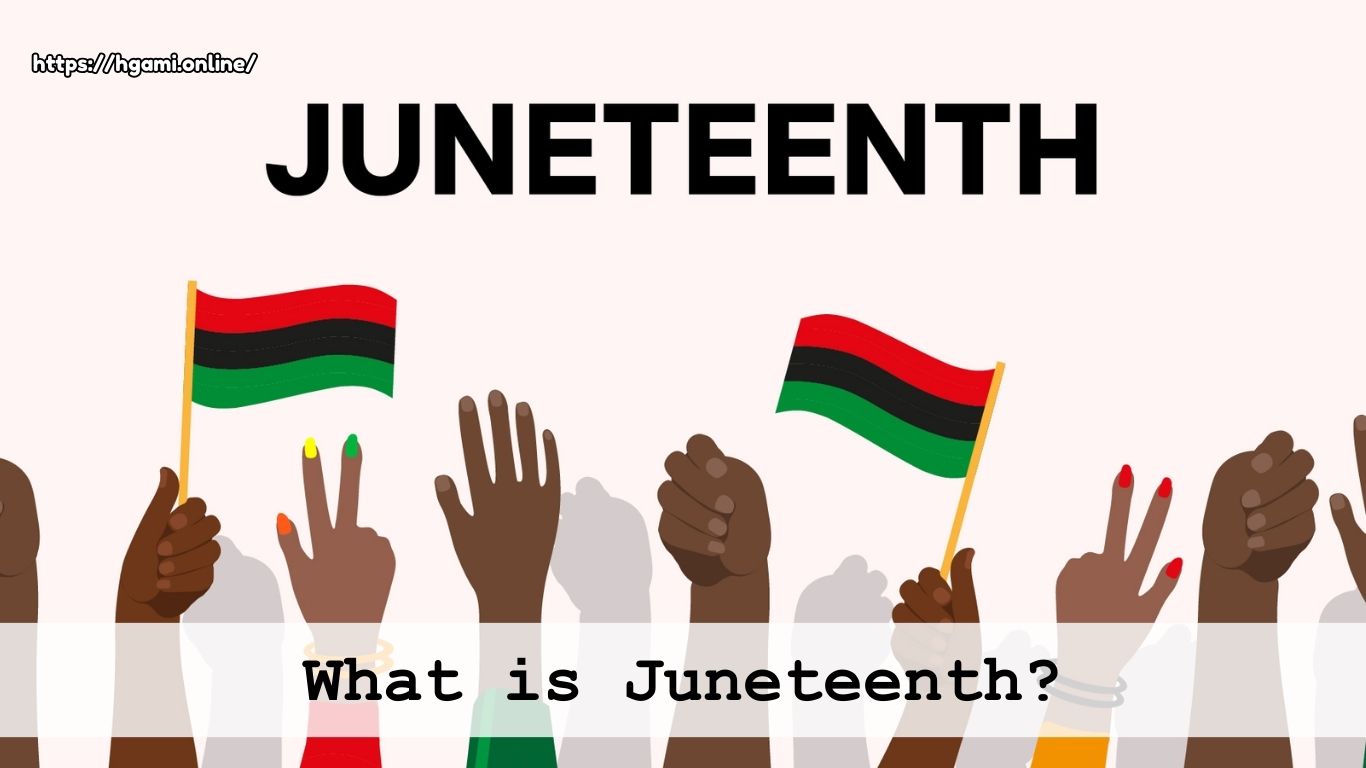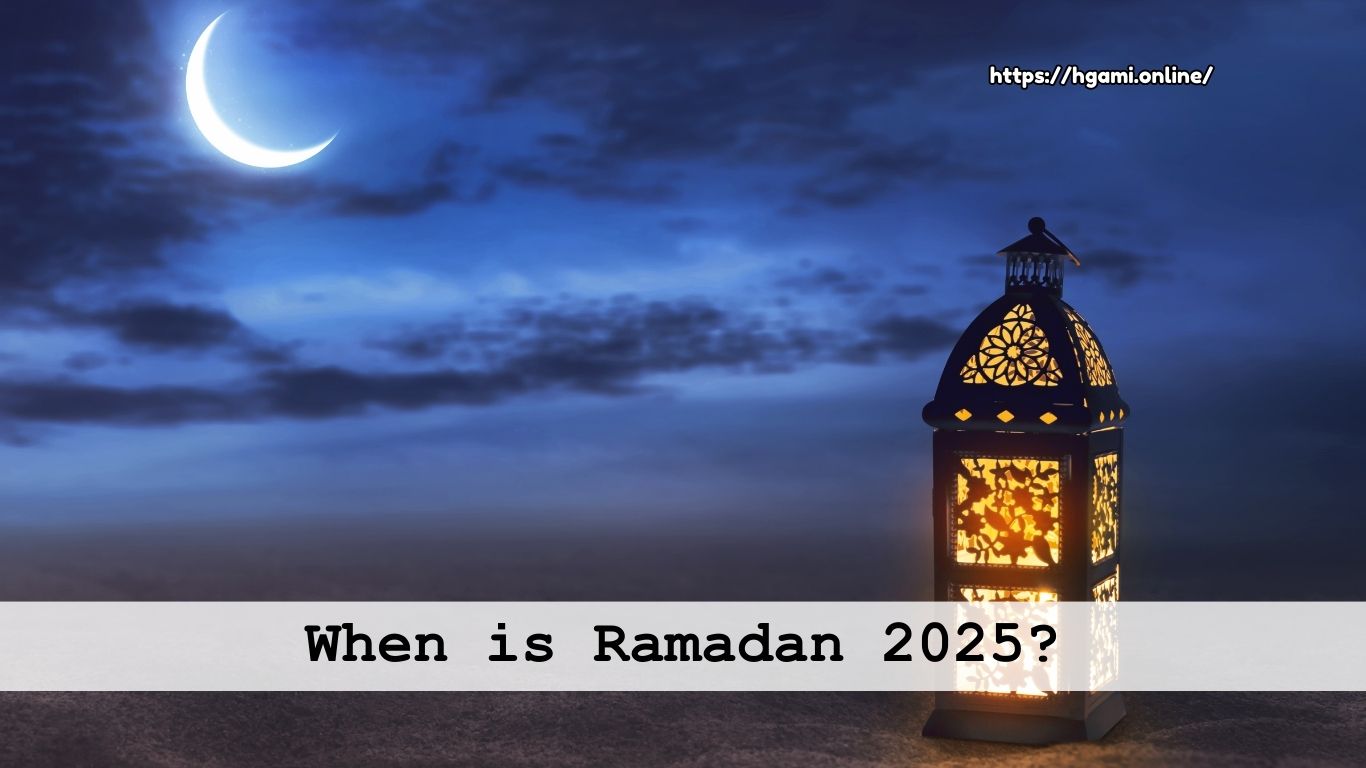Have you ever wondered why June 19th holds such a significant place in American history? Juneteenth, often called “Freedom Day” or “Emancipation Day,” commemorates a pivotal moment the end of slavery in the United States. But beyond the historical date, Juneteenth embodies a celebration of resilience, freedom, and progress. Whether you’re hearing about it for the first time or looking to deepen your understanding, exploring the meaning of Juneteenth unveils a rich tapestry of heritage, struggle, and triumph that resonates far beyond a single day or community.
In this blog, we’ll dive into the origins, traditions, and evolving recognition of Juneteenth, and why this day stands as more than just a federal holiday. So, why is Juneteenth so important, and what can we learn from its enduring legacy? Let’s explore together.
1. Historical Background of Juneteenth
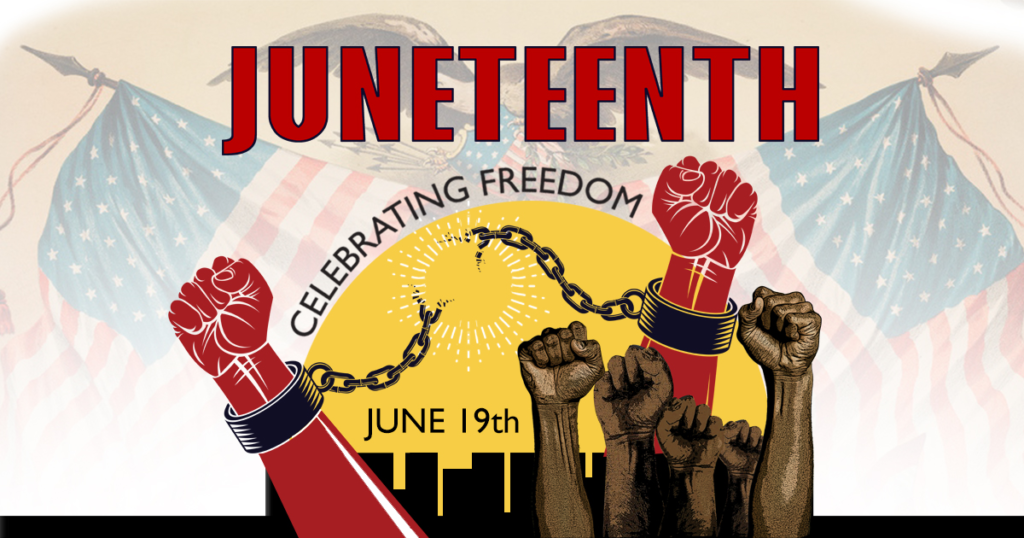
When thinking about Juneteenth, it’s essential to understand its deep roots in American history. On June 19, 1865, more than two years after President Abraham Lincoln issued the Emancipation Proclamation, Union General Gordon Granger arrived in Galveston, Texas, with life-changing news: all enslaved individuals were now free. But why did it take so long for freedom to reach the far corners of Texas?
The Origins of Juneteenth
The delay in implementing the Emancipation Proclamation is a crucial part of the Juneteenth meaning. While the proclamation was made in 1863, its enforcement in the Confederacy depended heavily on the advancement of Union troops. When General Granger delivered General Order No. 3, it marked the official end of slavery in Texas, making June 19th a pivotal moment in American history.
Emancipation Proclamation: A Delayed Freedom
Imagine being declared free, yet remaining enslaved for over two years. This reality faced thousands in Texas until that fateful day. Understanding the challenges of enforcing the Emancipation Proclamation in Confederate territories helps us grasp why Juneteenth holds such significance.
The Role of General Granger
General Gordon Granger’s arrival with news of freedom signified hope, change, and a new beginning for many. His actions set the stage for Juneteenth to become what it is today a day to remember the fight for freedom and the ongoing journey toward equality.
Key Takeaways:
- Juneteenth marks the announcement of freedom for enslaved people in Texas on June 19, 1865.
- It highlights the delay in the enforcement of the Emancipation Proclamation.
- General Granger’s role was instrumental in bringing the proclamation to Texas.
By exploring the origins and historical significance of Juneteenth, we start to see why this day has transformed from a regional event to a Juneteenth holiday that carries profound cultural and historical weight across the United States.
2. The Significance and Symbolism of Juneteenth
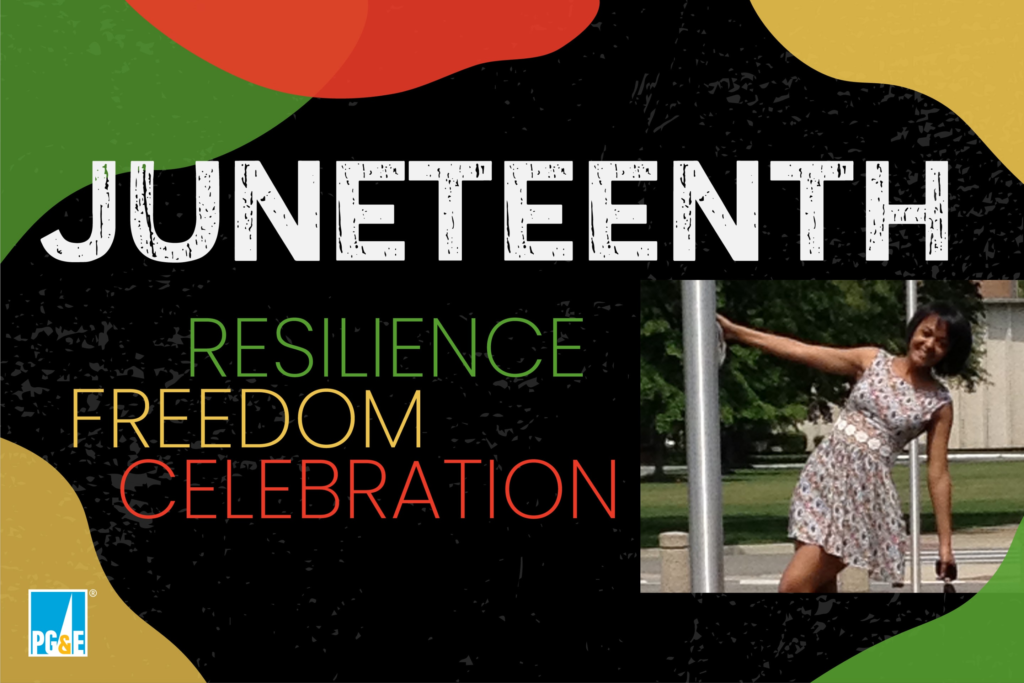
While the date itself holds historical significance, Juneteenth has grown into something much more than a remembrance of a single event. It’s a celebration of freedom, a reflection on progress, and a call to action for continued change. But what makes Juneteenth so meaningful today?
Why Juneteenth Matters Today
Juneteenth is not just a date on the calendar; it represents a milestone in American history where liberty was acknowledged and extended to the last of those still enslaved. As we honor Juneteenth, it’s an opportunity to reflect on the progress made toward equality and the steps still needed to achieve it. This holiday reminds us that freedom is a journey, not a destination.
Key Symbols and Traditions
From the Juneteenth flag featuring a bursting star that symbolizes new beginnings for African Americans to the traditional foods served at gatherings, every element of Juneteenth celebrations tells a story. Did you know that red foods like red velvet cake and strawberry soda are common at Juneteenth events? The color red is believed to symbolize the resilience and sacrifice of those who fought for freedom.
Juneteenth and the Fight for Civil Rights
Juneteenth is a powerful reminder of the ongoing struggle for civil rights. While it marks the end of legalized slavery in the United States, it also serves as a call to continue the pursuit of equality and justice. Over the decades, Juneteenth celebrations have evolved to include discussions, educational events, and calls for social change, linking this holiday to the broader movement for civil rights.
Key Takeaways:
- Juneteenth meaning goes beyond the celebration of freedom; it’s a reminder of ongoing struggles and achievements in civil rights.
- Symbols like the Juneteenth flag and traditional foods add depth and history to the holiday.
- The fight for equality, once rooted in ending slavery, continues in modern civil rights movements.
Understanding the significance of Juneteenth helps us appreciate why it has grown in recognition and how it connects the past to our ongoing journey toward a just society.
3. How Juneteenth is Celebrated
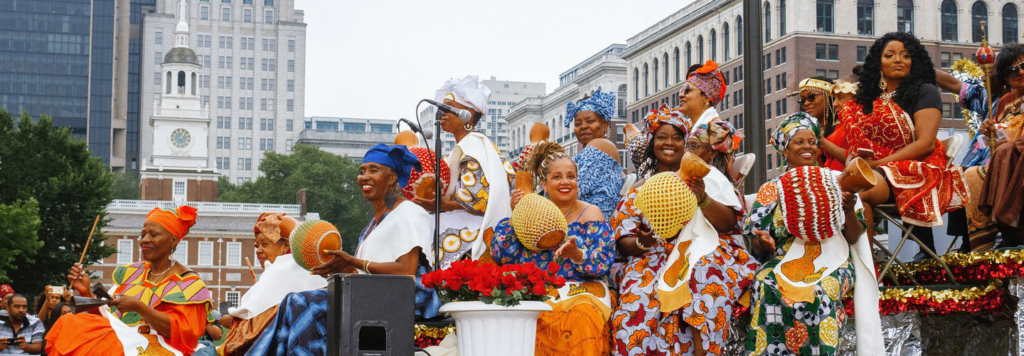
Juneteenth is more than just a remembrance of history it’s a vibrant celebration of freedom, culture, and community. Whether you’re attending a local parade or participating in a family gathering, Juneteenth festivities are all about honoring the past while looking toward a hopeful future. But how do these traditions connect to the Juneteenth holiday we know today?
Traditional Celebrations and Customs
Traditional Juneteenth events often include lively parades, historical reenactments, and community meals. The foods served carry symbolic meanings, with dishes like barbecued meats, red velvet cake, and strawberry soda representing the resilience and spirit of those who celebrated the first Juneteenth. Beyond food, these gatherings emphasize connection, reflection, and unity within the community.
Modern Juneteenth Celebrations
In recent years, Juneteenth has evolved from small regional events into nationally recognized festivities. Now, it’s common to see educational programs, art exhibitions, and concerts dedicated to exploring the meaning of Juneteenth. The increased visibility of these celebrations has helped foster a greater understanding of why Juneteenth matters today.
Community and Cultural Events
Juneteenth events are as diverse as the communities that celebrate them. From local festivals to city-wide concerts, these celebrations often blend education with entertainment, bringing people together to learn, reflect, and celebrate. Many communities host cultural events that showcase African American music, dance, and art, making Juneteenth an opportunity to honor heritage and pass on traditions to the next generation.
Key Takeaways:
- Traditional Juneteenth customs emphasize unity, reflection, and cultural expression.
- Modern Juneteenth events often include educational and cultural programs, enhancing awareness of the holiday’s significance.
- Celebrations provide opportunities for communities to connect and honor the rich heritage tied to Juneteenth.
Juneteenth celebrations reflect both the historical roots and evolving nature of the holiday, connecting generations through meaningful traditions and experiences.
4. Juneteenth as a National Holiday
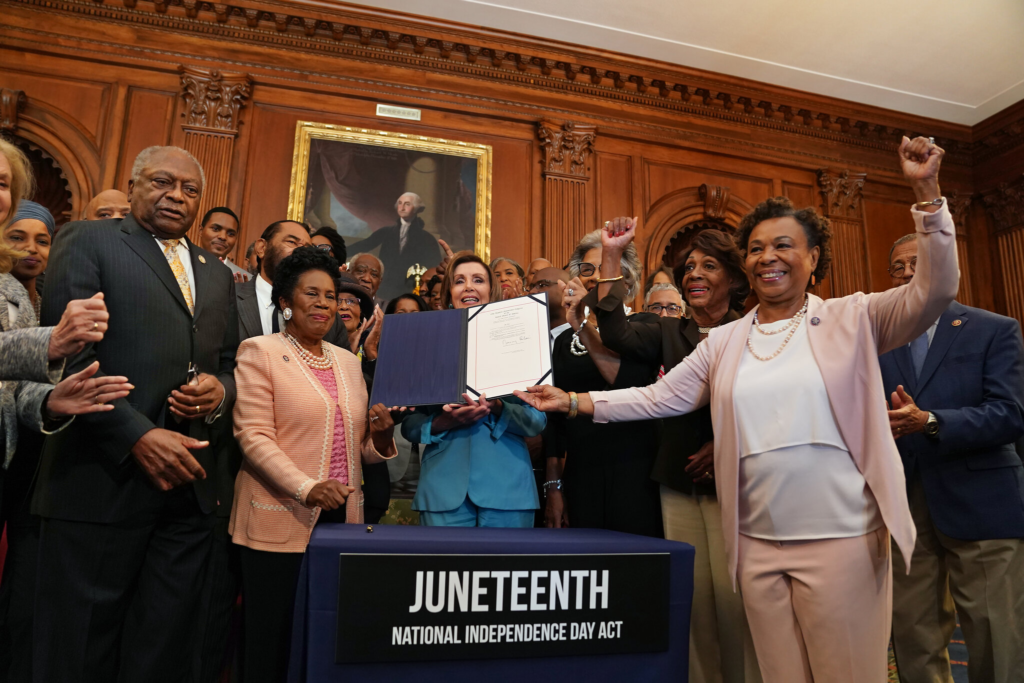
The journey to officially recognizing Juneteenth as a national holiday was long and paved with years of advocacy and growing awareness. But what does this federal acknowledgment really mean, and why was it so significant?
The Journey to Official Recognition
Although Juneteenth was celebrated for over a century in African American communities, it wasn’t until 2021 that it became a federal holiday in the United States. This official designation came after decades of local and state-level recognition, finally elevating the day to national prominence. The push for recognition reflected a growing awareness of the Juneteenth meaning and the historical importance of acknowledging the end of slavery.
What the National Holiday Status Means
The decision to make Juneteenth a federal holiday goes beyond just giving people a day off. It signifies a collective commitment to acknowledging a critical part of American history. With its new status, Juneteenth now provides an opportunity for national reflection and education, fostering greater understanding of the struggles and triumphs that shaped the country.
Challenges and Controversies
While many see the designation of Juneteenth as a holiday as a positive step, there have also been discussions around what it truly represents. For some, the focus must extend beyond celebrating freedom to addressing systemic inequalities that persist today. These conversations remind us that the journey toward equality is ongoing and that true celebration comes with acknowledging both the progress and the work still to be done.
Key Takeaways:
- Officially recognizing Juneteenth as a federal holiday brought national awareness to its significance.
- The new holiday status offers a chance for reflection, education, and community building.
- Discussions around the holiday highlight ongoing challenges and the need for continuous progress.
Understanding the impact of Juneteenth as a national holiday helps illustrate why this day continues to inspire conversations about freedom and justice in America.
5. Juneteenth’s Growing Influence Beyond the U.S.

Though it began as a distinctly American holiday, the spirit of Juneteenth is now resonating across the globe. This expansion reflects a growing recognition of Juneteenth’s themes of freedom, resilience, and human rights, transcending borders to inspire international dialogue.
Juneteenth Celebrations Around the World
Juneteenth celebrations have slowly spread to various countries, with the African diaspora playing a significant role in its global recognition. Many international communities with ties to the United States or African heritage now hold their own commemorations, using Juneteenth as a moment to connect their histories with a broader struggle for liberty and justice.
Global Conversations on Freedom and Equality
Juneteenth serves as a powerful symbol in conversations about freedom and equality around the world. Just as it marks a turning point in American history, it also prompts discussions about liberation and rights in other nations. The enduring relevance of Juneteenth in these conversations reminds us that the pursuit of freedom is a universal struggle.
The Role of the African Diaspora
The influence of the African diaspora has been instrumental in spreading the awareness of Juneteenth. Communities around the globe, from the Caribbean to Europe, have embraced the day as an opportunity to reflect on shared experiences of resilience and unity. This growing recognition helps to amplify the meaning of Juneteenth beyond its American origins, making it a global symbol of liberation.
Key Takeaways:
- Juneteenth’s recognition is expanding beyond the U.S., resonating with global communities connected by shared histories.
- The holiday sparks international discussions on freedom and human rights.
- The African diaspora plays a crucial role in spreading the influence and meaning of Juneteenth.
As Juneteenth’s reach grows globally, it serves as a reminder that the fight for freedom and justice is a cause that transcends borders.
Why is it called Juneteenth?
The name “Juneteenth” is a combination of the words “June” and “nineteenth,” marking June 19th, 1865, the day when the last enslaved African Americans in Texas were informed of their freedom.
Why is Juneteenth a Black holiday?
Juneteenth is primarily a Black holiday because it commemorates the emancipation of enslaved African Americans in the United States, celebrating the end of slavery and the resilience and freedom of Black communities.
Why is Juneteenth a color?
The colors associated with Juneteenth, such as red, black, and green, represent the heritage and resilience of African Americans. Red, specifically, symbolizes the blood shed during the fight for freedom.
Can I say happy Juneteenth?
Yes, you can say “Happy Juneteenth” to acknowledge and celebrate the holiday. It’s a day of joy and reflection, so greeting someone with a positive message is appropriate.
Which president put an end to slavery?
President Abraham Lincoln issued the Emancipation Proclamation in 1863, which declared the freedom of all enslaved people in Confederate states. However, slavery wasn’t completely abolished in the U.S. until the 13th Amendment in 1865.
Who were the first slaves?
The first enslaved Africans arrived in what is now the United States in 1619 at the English colony of Virginia, marking the beginning of African slavery in America.
When did Canada abolish slavery?
Canada abolished slavery on August 1, 1834, following the Slavery Abolition Act passed by the British Parliament.
Conclusion
Juneteenth is far more than just a date or a holiday it’s a reminder of resilience, a celebration of freedom, and a call to continue striving for equality. As we reflect on its origins and significance, it becomes clear why this day matters not just to a community, but to an entire nation. Juneteenth serves as a reminder that freedom was hard-won, and its full realization remains an ongoing journey.
By understanding the meaning of Juneteenth, we honor the past while looking toward the future. How will you celebrate this day of freedom and progress? Whether it’s through learning more about its history, participating in community events, or having conversations about civil rights, each of us can play a role in keeping the spirit of Juneteenth alive.
In recognizing Juneteenth as a national holiday, we’re doing more than commemorating a historical event we’re embracing an opportunity to build a more inclusive society. So, as you reflect on the legacy of Juneteenth, remember that this celebration is as much about education as it is about joy, and as much about reflection as it is about moving forward together.
FAQs
-
What is Juneteenth holiday?
Juneteenth is a holiday that commemorates June 19, 1865, the day when enslaved people in Texas learned of their freedom, marking the official end of slavery in the United States. It’s a celebration of freedom, heritage, and resilience in African American communities.
-
Is Juneteenth a federal holiday?
Yes, Juneteenth became a federal holiday in the United States on June 17, 2021, when President Joe Biden signed it into law, making June 19th a recognized national holiday.
-
What is the difference between Juneteenth and Independence Day?
Independence Day, celebrated on July 4th, marks America’s declaration of independence from British rule in 1776, while Juneteenth commemorates the actual liberation of enslaved African Americans in 1865, marking the true beginning of freedom for all in the United States.
-
When did Juneteenth start?
Juneteenth began on June 19, 1865, when Union General Gordon Granger arrived in Galveston, Texas, to announce that all enslaved people were free, in accordance with the Emancipation Proclamation issued over two years earlier.
-
Where was the first Juneteenth celebration?
The first Juneteenth celebration took place in Galveston, Texas, soon after General Granger’s announcement on June 19, 1865. Freed people began commemorating the day annually with events and gatherings.
-
Why did it take 2 years for Juneteenth?
The delay occurred because Texas was one of the most remote Confederate states, and there was little Union military presence to enforce the Emancipation Proclamation. It wasn’t until General Granger’s arrival in 1865 that the remaining enslaved people were informed of their freedom.
-
Navigating Justice at Sea: The Role of Offshore Injury and Accidental Lawyers
The offshore industry, encompassing oil rigs, cargo ships, and fishing vessels, is vital to global […]
-
What is “Men with Mommy Issues”?
Have you ever come across the term “mommy issues” and wondered what it really means […]
-
How to Respond When a Guy Calls You “Mommy”
Have you ever been called “mommy” by a guy and found yourself caught between amusement, […]







